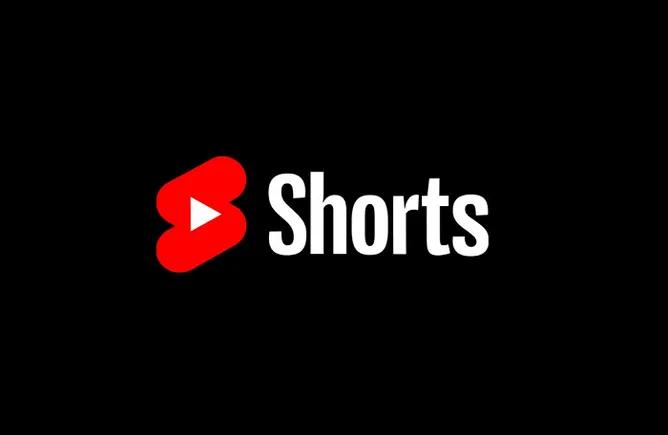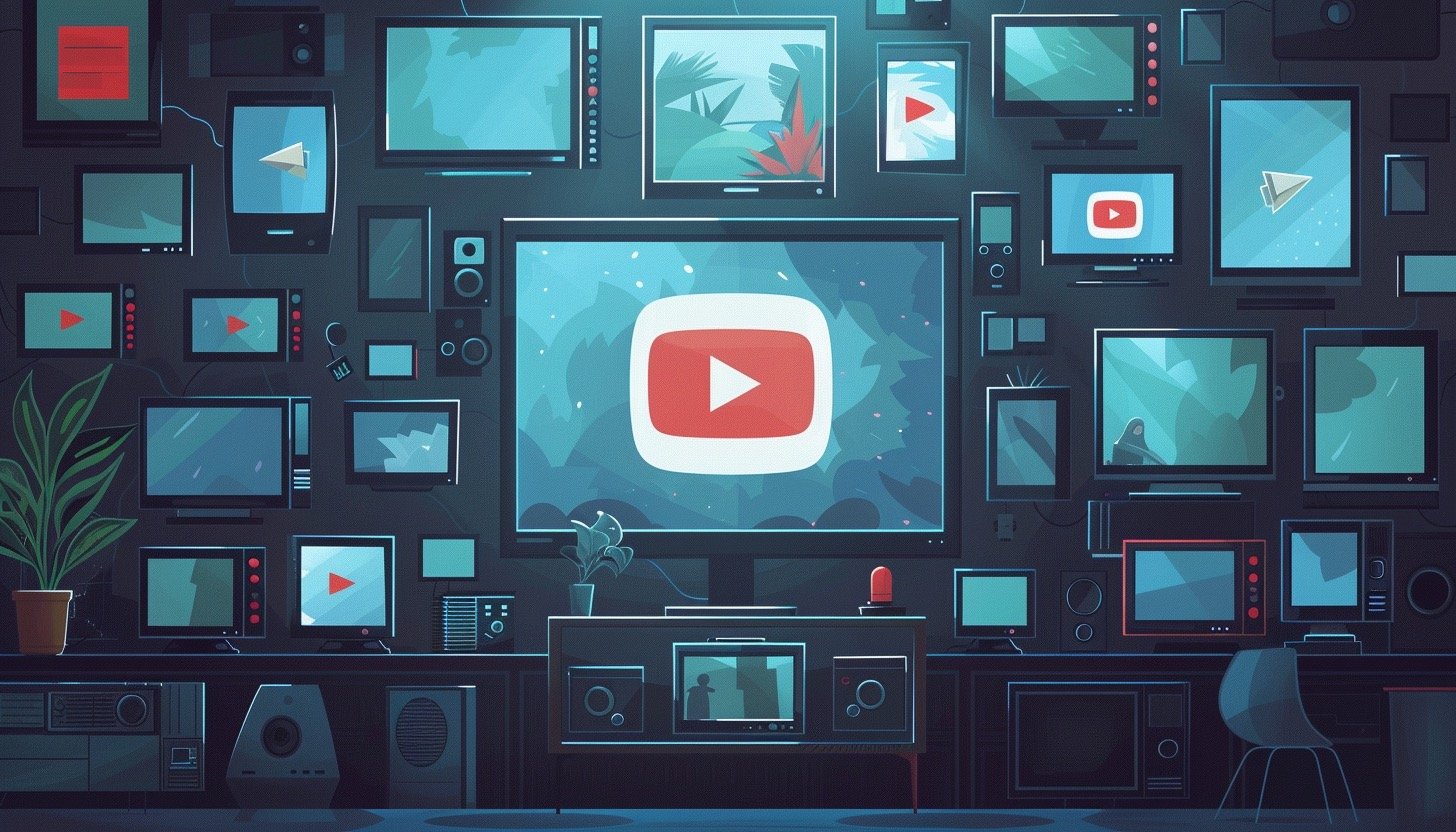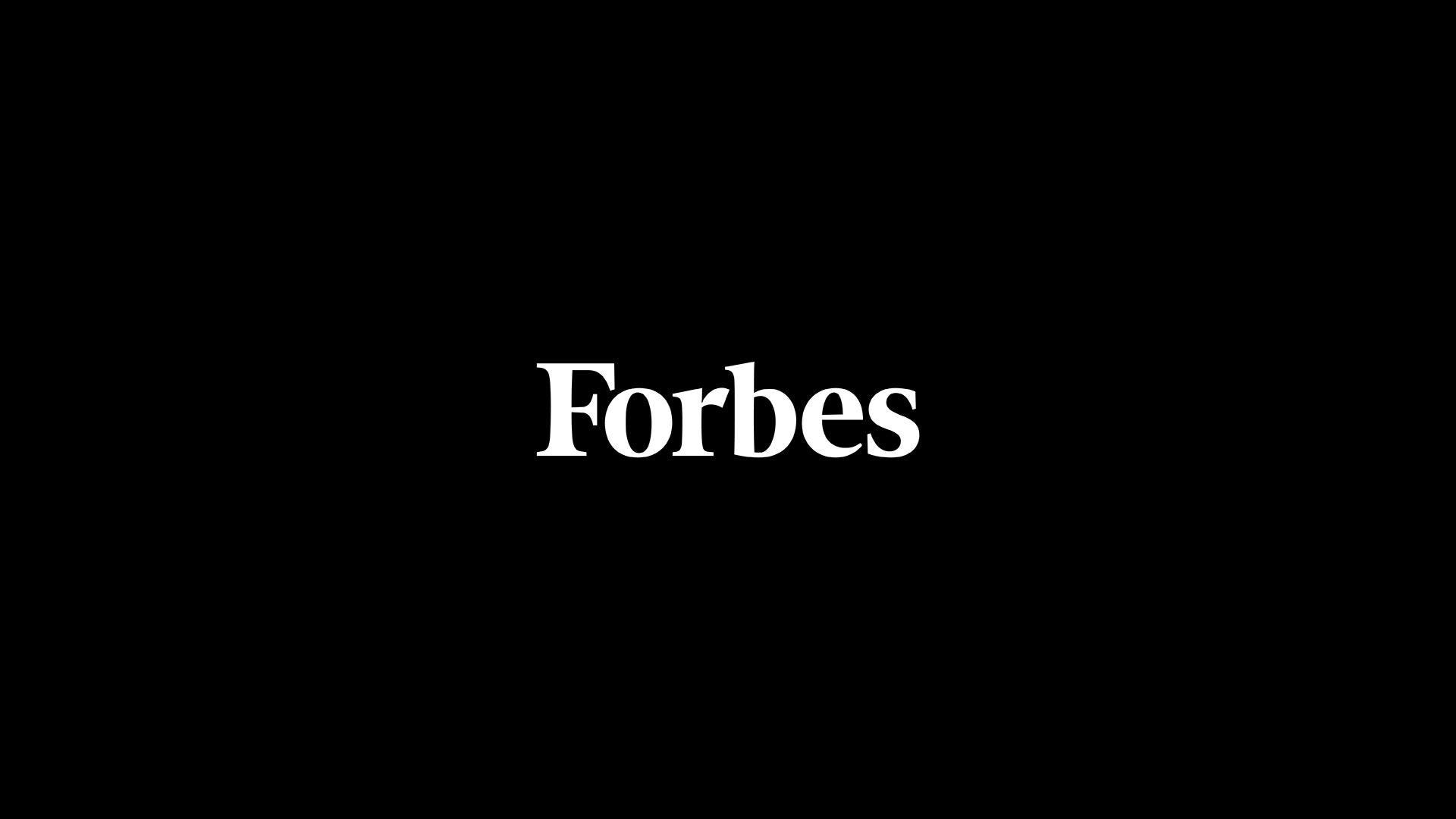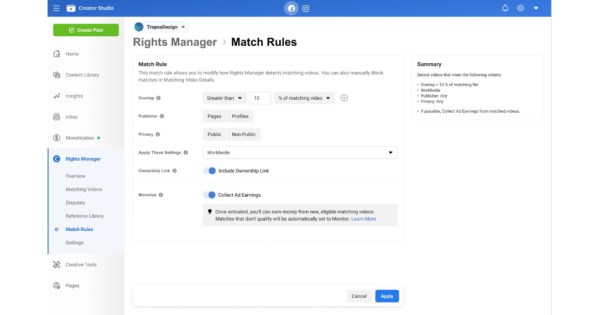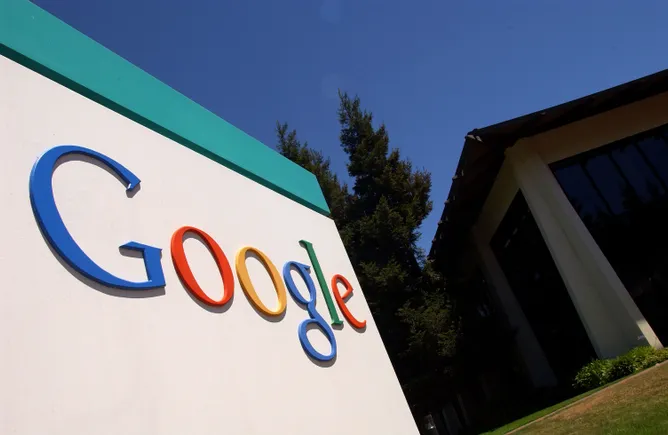In addition, Nintendo says video creators can only monetize these videos through a number of official partner programs on a handful of platforms, including YouTube, Twitter, Twitch, and Facebook. Other forms of monetization, such as third-party advertisements or endorsement schemes, are not allowed under the guidelines.
Nintendo also says it reserves the right to remove content that includes unreleased games (as we saw in a recent, widespread Smash Bros. Ultimate leak) or that “features pirated Nintendo software.” That latter guideline may be of interest to speedrunners and other retro game enthusiasts who often use flash carts full of ROM files to stream their games.
“We appreciate and encourage the continued support of content creators, and thank them for their dedication to helping us create smiles.”
While it’s nice to see Nintendo loosening its iron grip on how its games are shared online, the new guidelines are still much more stringent than those of some competitors. Microsoft’s rules for Xbox video content, for instance, are less strict about video content rules and monetization methods.
